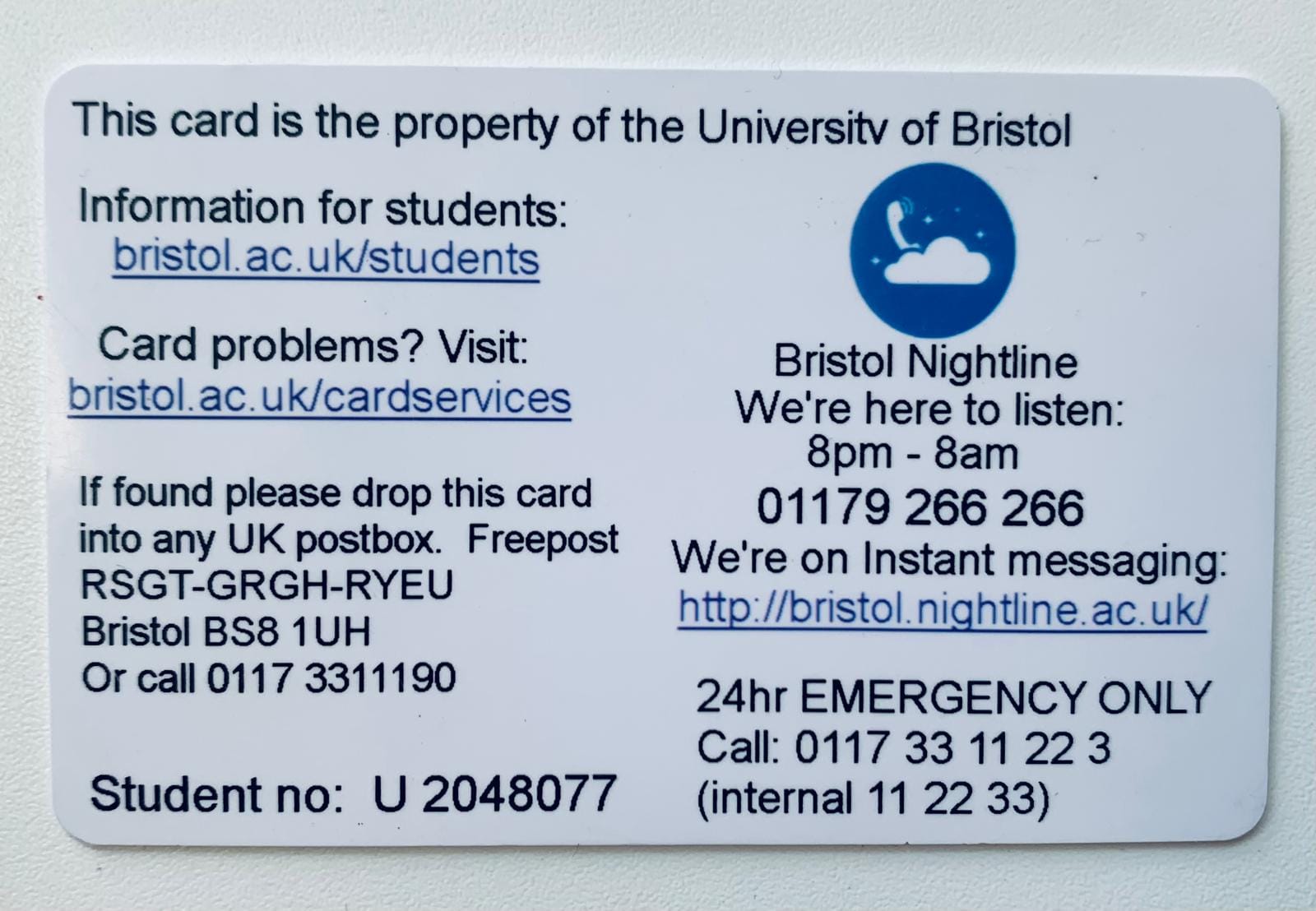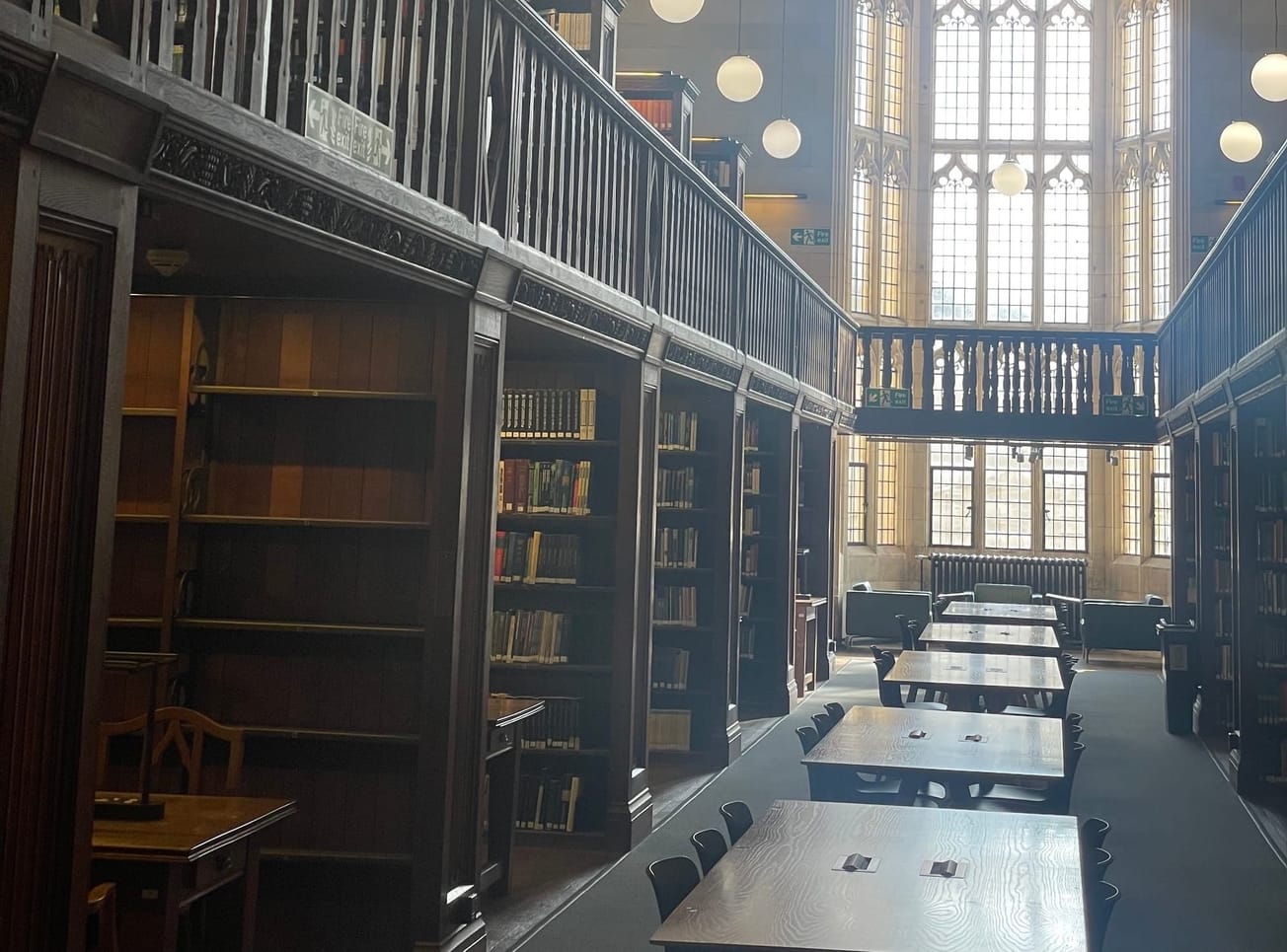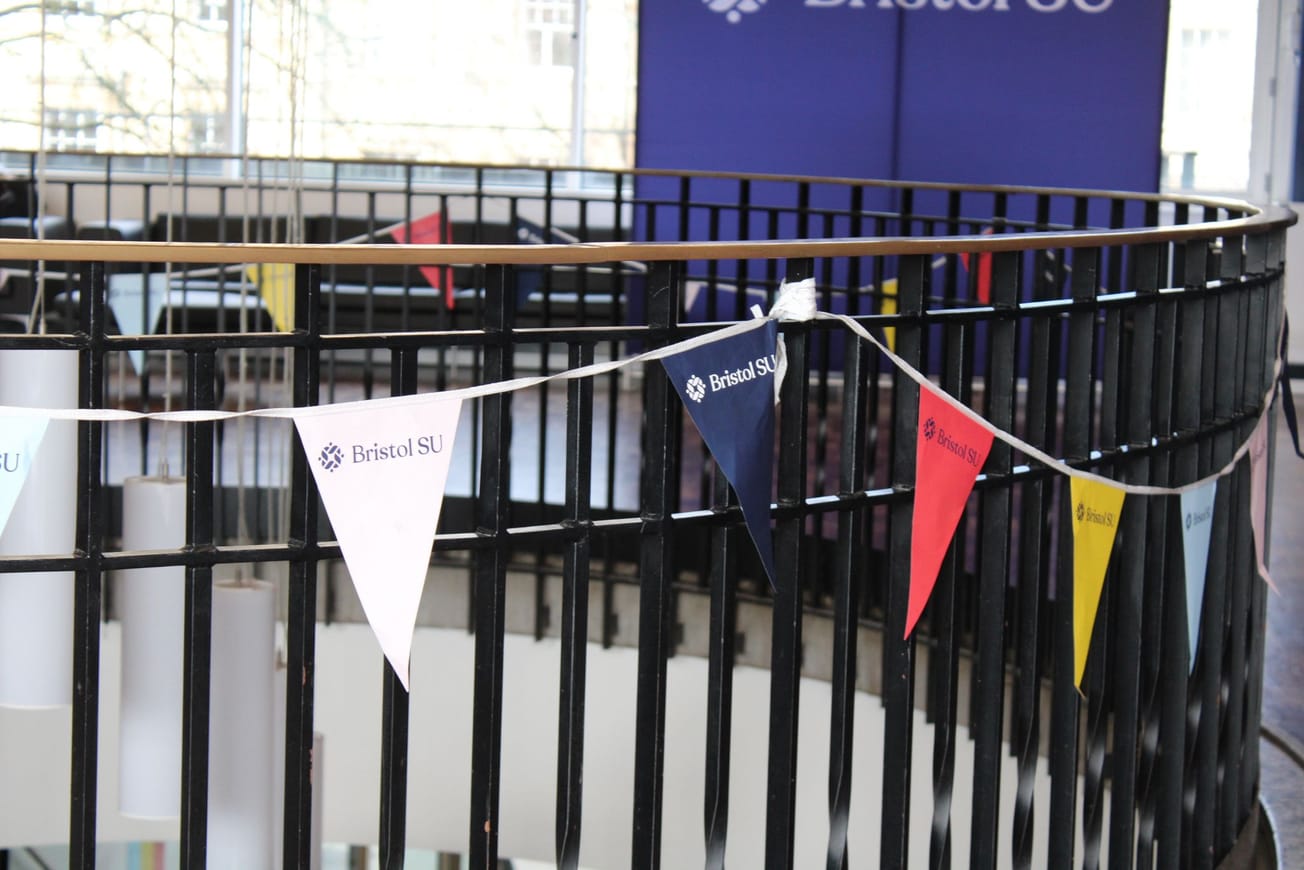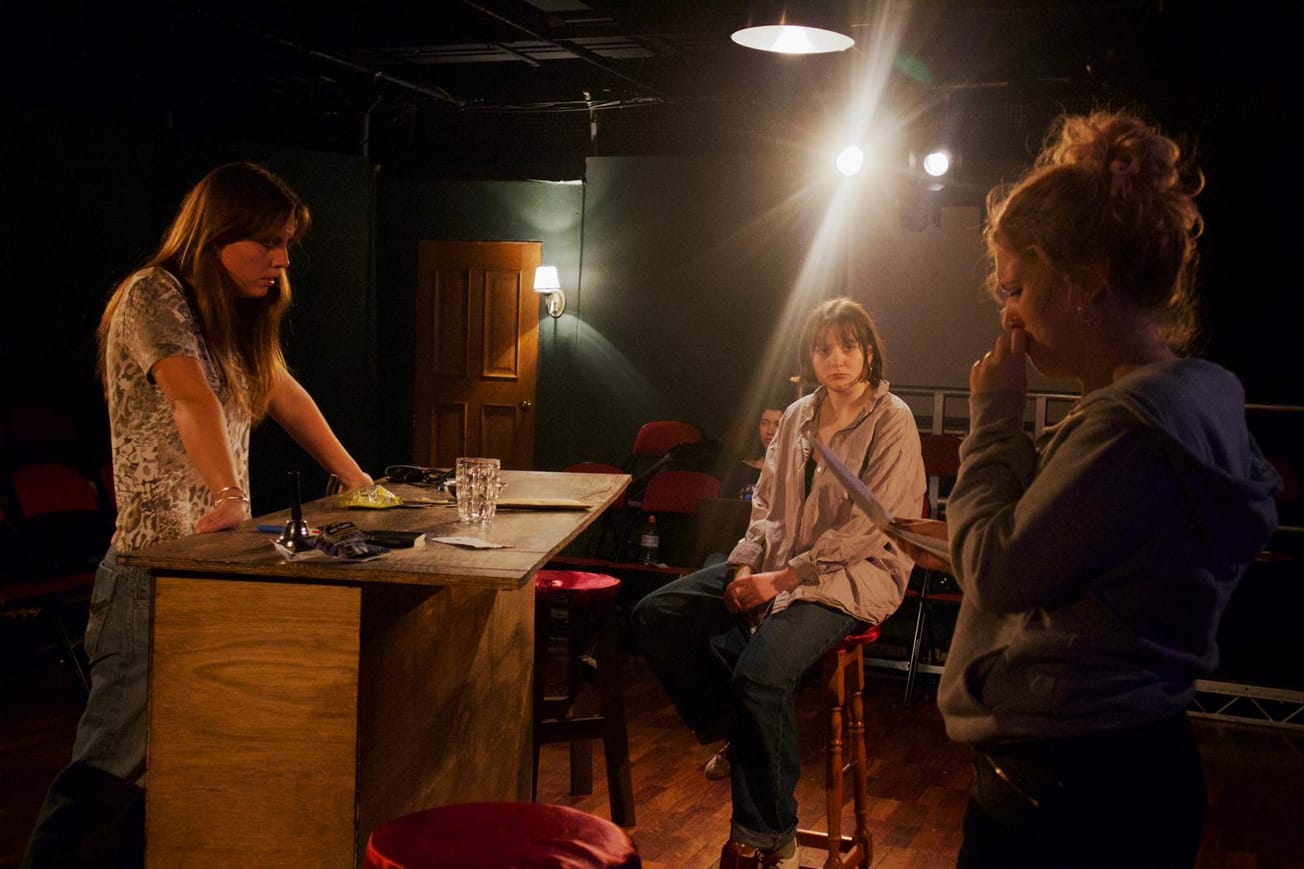By Emily Brewster, Third Year, History
Coinciding with the beginning of the academic assessment period and mental health awareness week, Epigram spoke to Bristol nightline — the confidential and non-advisory listening service — to learn about the charity’s services, what it’s like to be a Nightline volunteer and the importance of mental wellbeing during exam season.
Since its beginnings in 1970 at the University of Essex, Nightline has expanded into a nationwide organisation. Having started in a disused hut at the edge of the Essex university campus, it now boasts over 2,000 volunteers and supports over 1.5 million students.
The charity offers support to students from 8pm-8am, when most other student-tailored services are inactive. The service has an anonymous, non-judgemental and non-advisory approach, training its volunteers to follow its mantra: ‘We’ll listen, not lecture.’
Every day people like Adam are reaching out to Mind for support.
— Mind (@MindCharity) May 16, 2024
This Mental Health Awareness Week we’re fighting to make sure we leave #NoMindLeftBehind. (1/3) pic.twitter.com/tjuhqDqqkS
Bristol’s own branch currently has about 100 student volunteers, its highest number in recent years.
Fay is a fourth-year student who has volunteered with the service since her first year. Speaking to Epigram, she outlines the key practices of the organisation.
Unique to Nightline is the ‘peer-to-peer support service’, which allows callers to speak to volunteers facing similar struggles to them. Fay explains how this sense of a shared experience can make the process less daunting for potential callers:
‘We might not be able to understand everything someone is going through, but its nice to know that the person is on a similar level and from the same community as you.’
"They know they’ll just receive a kind, empathic person who’s going to give them space to talk through their feelings"
The total anonymity of both the listening volunteers and the caller provides a completely safe space for individuals to vocalise any issue, whether big or small.
Fay jokingly describes volunteering at Nightline like ‘living a secret life’. Working through the night in groups of three, student volunteers take phone calls and answer the instant messaging service, another option available to those seeking support. Usually wearing pyjamas, volunteers keep occupied during the shift by watching films, cracking on with coursework and developing close friendships with other listeners.
Spending these intense periods together creates a volunteer community and a ‘very family-esque environment’, which is built on support and comradery. It is within this community that Fay has formed some of her closest friendships at the university.
Nightline services can't solve all the problems students have, but they can support them through the most difficult moments. We’re delighted to share this film, demonstrating what Nightline services do each night. Watch in full at https://t.co/yiwQkANpFI💙 pic.twitter.com/mPVIHrOiYe
— NightlineAssociation (@NightlineAssoc) December 3, 2021
Outside of listening hours, Nightline organises socials and pub trips where volunteers meet other like-minded people, from all years and walks of life.
While no two nights are the same, Fay marks two periods of the university calendar which sees call volumes spike: Freshers’ Week and exam season.
Whilst academic stress predictably becomes a worry for university students, this can also exacerbate other issues people are working through and juggling alongside their studies.
"We try and help people reach their own conclusions"
The service’s emphasis on non-advisory support makes it unique in its field, meaning that Nightline callers will not actively dissuade someone from acting in a particular way.
When Fay was asked whether this is difficult to implement when encountering calls of a more serious nature, she reasoned that this approach actually encourages people to reach out for support and open up more:
‘They know they’ll just receive a kind, empathic person who’s going to give them space to talk through their feelings, rather than someone going “right, I need you do to this, or that”.’
It’s Mental Health Awareness Week 🎉
— Mind (@MindCharity) May 13, 2024
If you’re needing a little support, here’s who to call ☎️ pic.twitter.com/jXW5d8jbcp
Rather than offering solutions, Fay explains that ‘We try and help people reach their own conclusions, exploring every avenue.’
While this can be challenging, this listening-oriented practice gives people the space to just talk — an invaluable gift for improving mental wellbeing.
Whilst embracing the non-advisory approach of Nightline, Fay offered some pearls of wisdom to maintain good mental wellbeing during stressful assessment periods. The most important point came down to this: ‘keep talking’.
Fay encourages people to call even with good news, or to discuss an uneventful day. She stresses that talking, regardless of mood, is important for us to stay mentally healthy.
Fay describes how wonderful volunteering with Nightline has been for her own personal development — particularly being able to apply her learned skills to helping those around her, and herself. She went on to explain that being a Nightline volunteer puts your own mental wellbeing in perspective, describing how listening to fellow students dealing with stresses and worries of all kinds can make your own struggles feel less isolating.

Fay also explains how volunteering at nightline develops the skills to help you support your loved ones:
‘Often you feel like you’ve got to help them, and cure them, but sometimes the best thing is just sitting, listening, empathising’.
The charity is always looking for more student volunteers to assist with providing non-judgemental, confidential support. Bristol Nightline has an upcoming summer training cycle for new volunteers, occurring on the 1st and 2nd of June.
The current landscape of graduate job-hunting
‘Students do still feel on edge most of the time’ — Does UoB do enough to support transgender students?
Applications for this scheme close on 24th of May. Nightline’s details are on the back of every U-Card and can also be found here: https://bristol.nightline.ac.uk/
Featured image: Bristol Nightline









